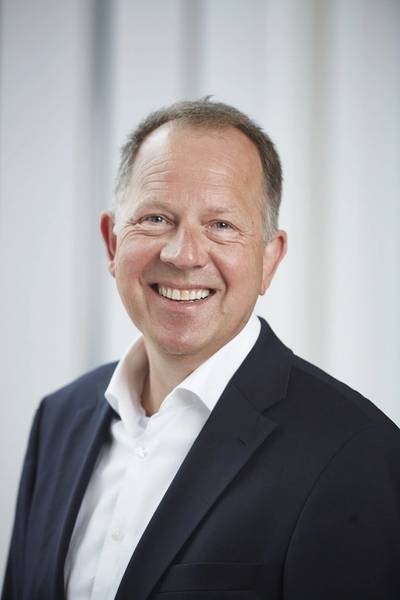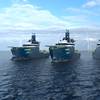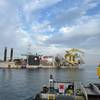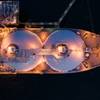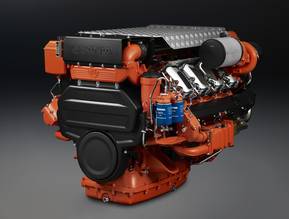Optimarin H1 Revenues Soar as BWMS Market Picks Up
Ballast water treatment (BWT) specialist Optimarin reports positive developments in the market today, with the first six months of 2019 showing a year-on-year doubling of revenues, orders and a substantial increase in EBITDA.
The Norwegian-headquartered company, has recorded increased business activity in key shipping areas such as North West Europe, South East Asia and the Mediterranean, while segments such as offshore are showing signs of recovery. “It’s a multi-faceted picture, with a range of developments on a number of fronts,” comments new CEO Leiv Kallestad, “but the over-arching message is one of positivity – the market, and our business, is picking up.”
Driving growth
Kallestad, who joined Optimarin from TTS Group in May, says the imminent deadline for IMO D2 ballast water compliance (coming into effect on 8 September 2019) is an obvious driver, but so too is the careful groundwork put in by a company that has been exclusively focused on BWT for the past 25 years.
Kallestad says that the company has recorded a 100% increase in sales in the first six months of the year, with uplifts across most geographical regions and ship types.
Strength in retrofit
He notes that retrofitting is, unsurprisingly, where the majority of the ‘action’ is at present. “The existing global fleet must comply with IMO and USCG regulations,” he explains, “owners can’t put these decisions off any longer as IOPP (International Oil Pollution Prevention) certificates are expiring, and that is stimulating activity.
“We’re seeing that in a much decreased lag-time between initial quotes and final orders. Decisions that used to take many months, in some cases years, are now being made quickly, efficiently and confidently. There has been a natural inclination to defer retrofits for as long as possible, but in order to ensure compliance and avoid potential bottlenecks shipowners have to get moving on their retrofit programmes now. It’s not advisable to wait until the last possible day, and I think awareness of that fact is growing.”
The Optimarin CEO says the business benefits from their track record in retrofitting, with strong partnerships with engineering experts Goltens and Zeppelin working as a foundation to build market advantage. The company has now installed close to 600 systems worldwide, of which around 45% are retrofits.
After sales market
The established nature of Optimarin is also now paying dividends in terms of after sales. Kallestad describes the market as entering a phase of ‘normalisation’ whereby the sales process is accelerating and service activities increase as systems accumulate operational hours.
“As the company progresses we have more and more systems working in the field,” he concludes. “These units are simple and very cost effective to maintain, but, like any other shipboard equipment, require maintenance at regular intervals, and spare parts, to ensure optimal performance. This brings in revenue; revenue that will increase over time with the number of installations, as Optimarin extends its market footprint.
“In that respect even though the company performance is good now, we expect continued improvement going forward. There are exciting times ahead, both for Optimarin and the industry in general.”
Current Optimarin customers include names such as Royal Caribbean International, Fednav, GulfMark, Hapag Lloyd, Matson Navigation, McDermott, the Danish Navy, MOL, Seatruck, Technip, and the Royal Netherlands Navy, amongst others. The Optimarin Ballast System (OBS) has certification from a comprehensive range of classification organizations, including ABS, BV, DNV-GL, LR & MLIT Japan, as well as full USCG and IMO type approval.



